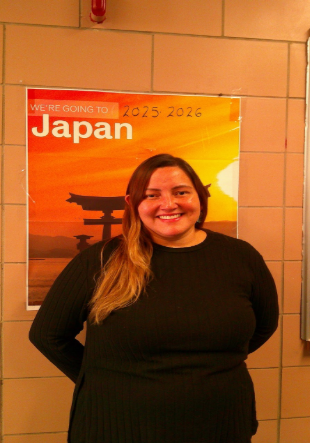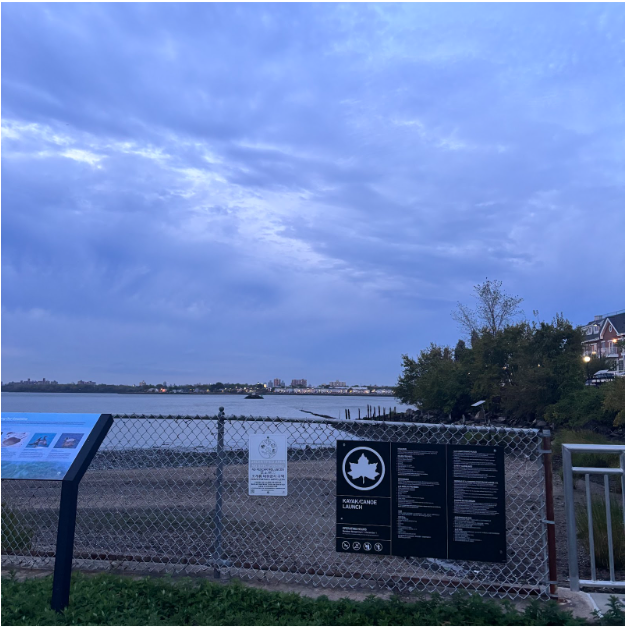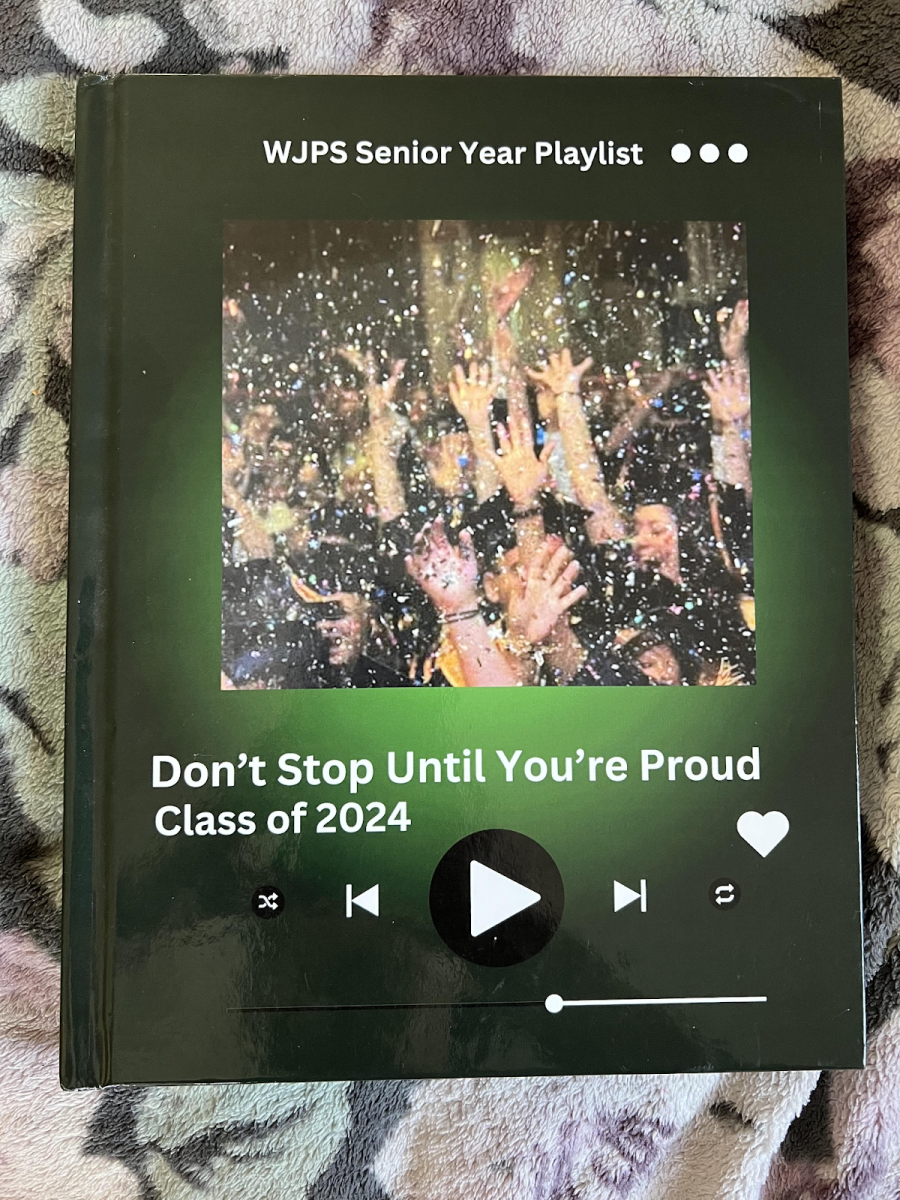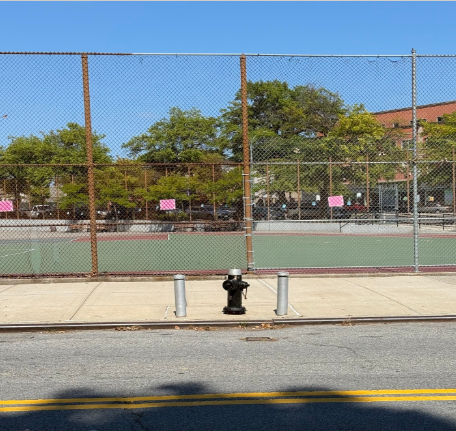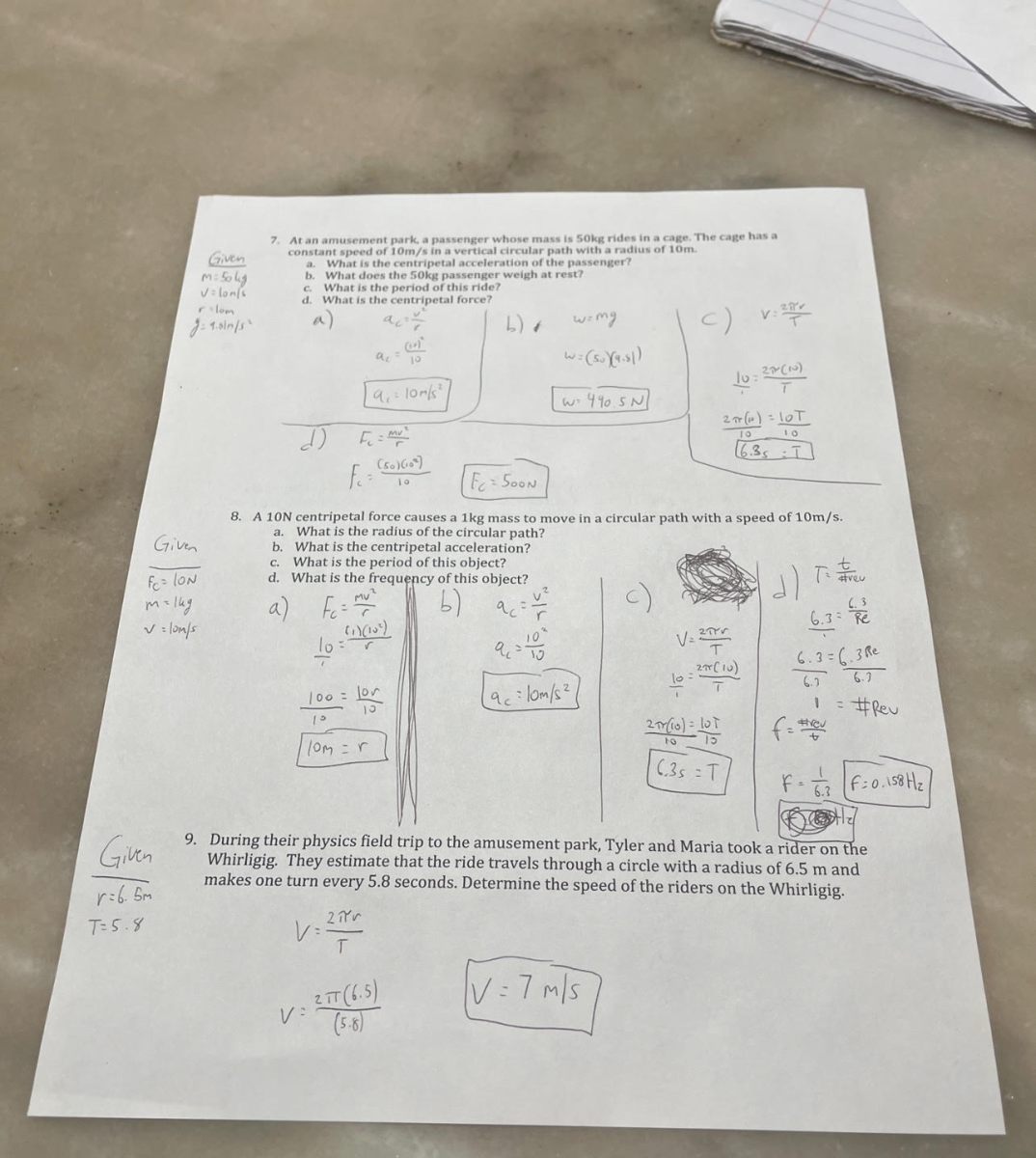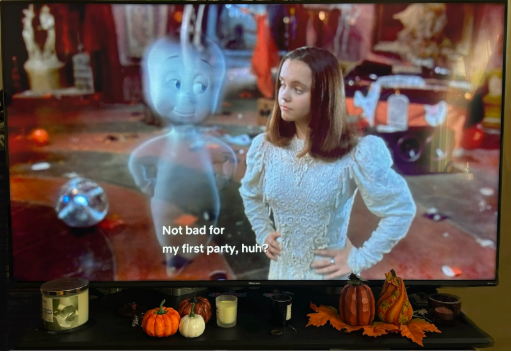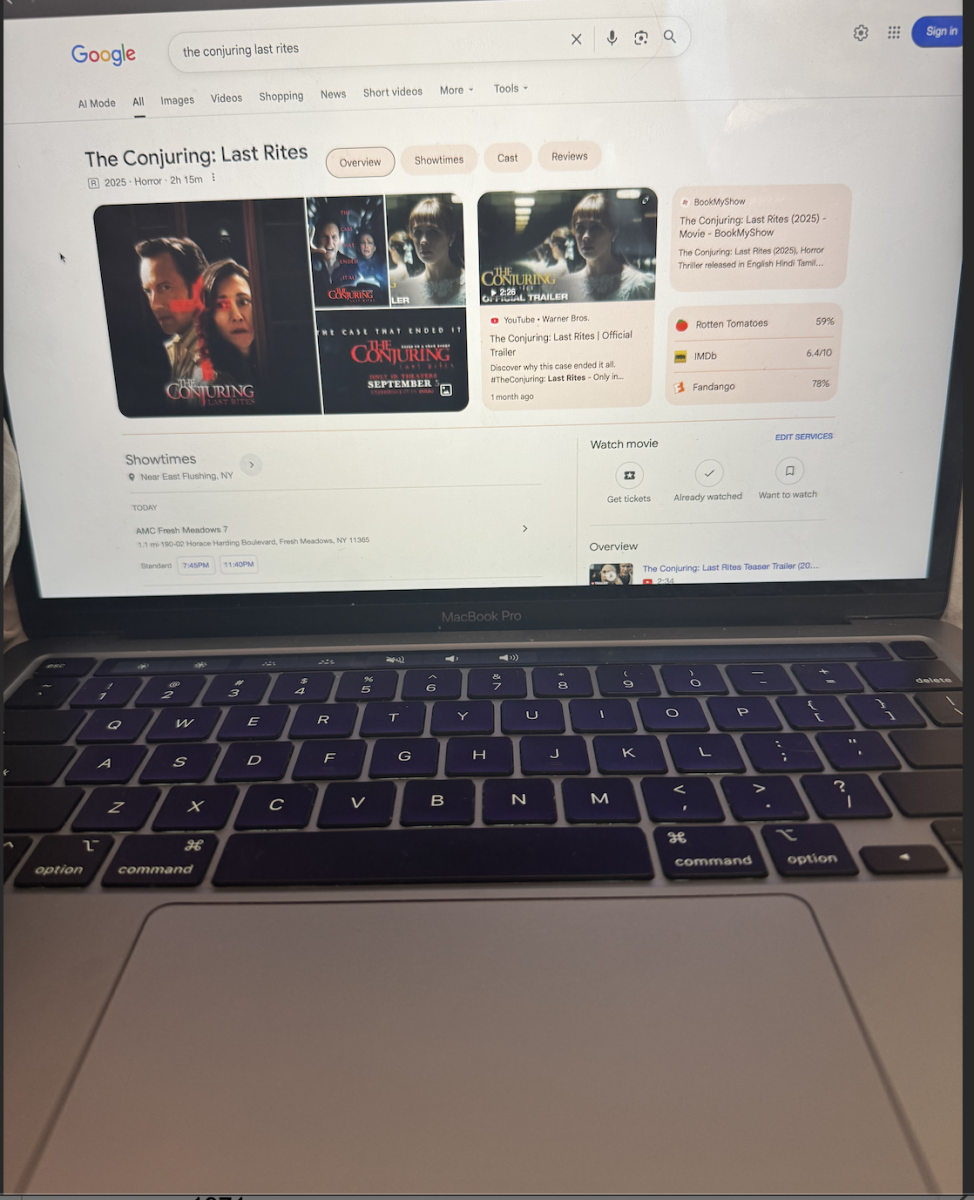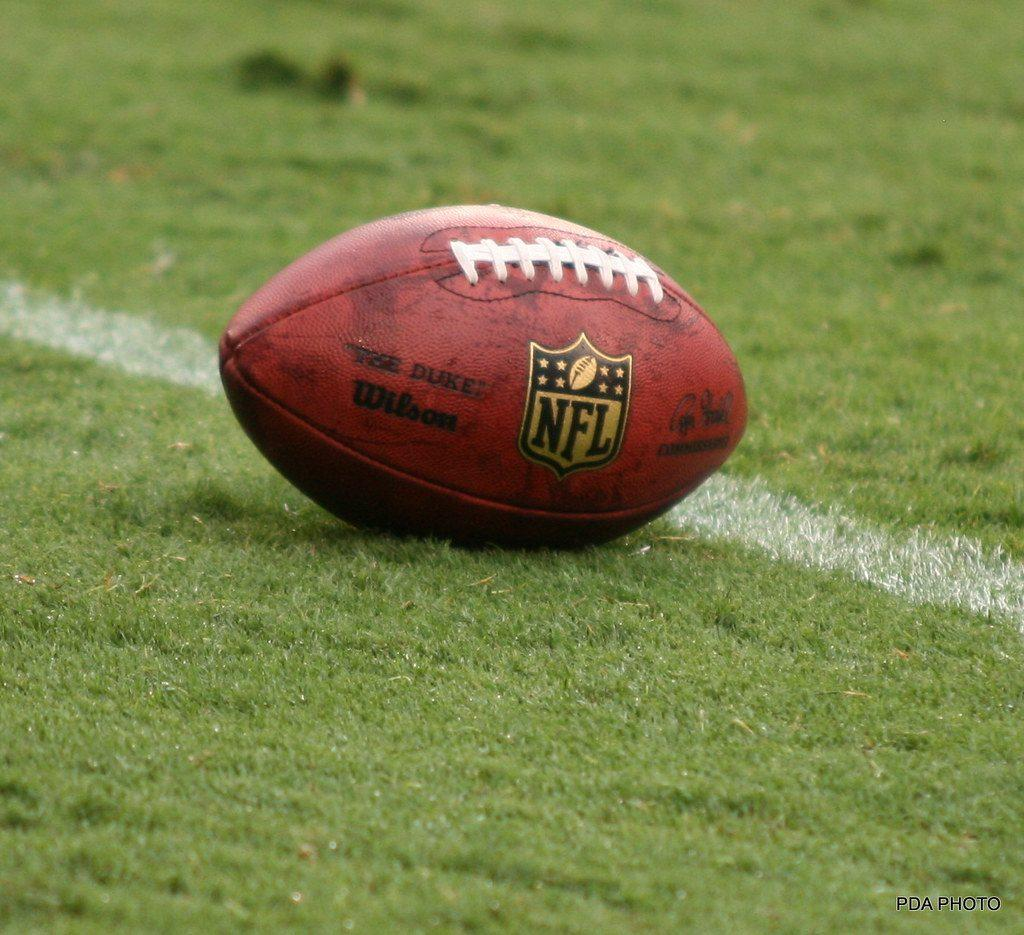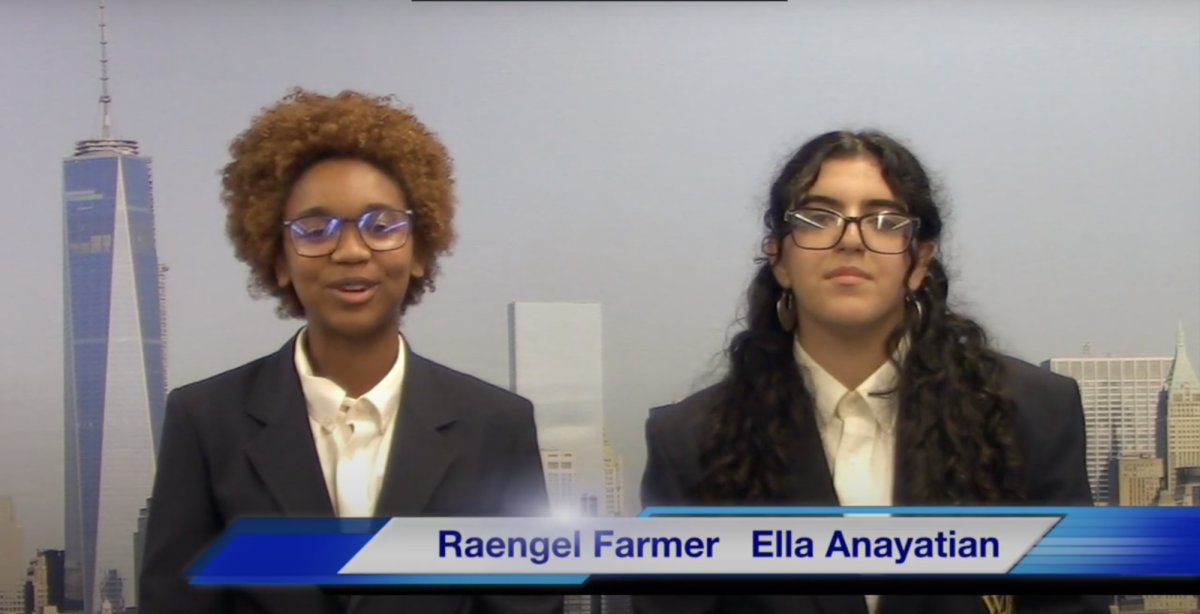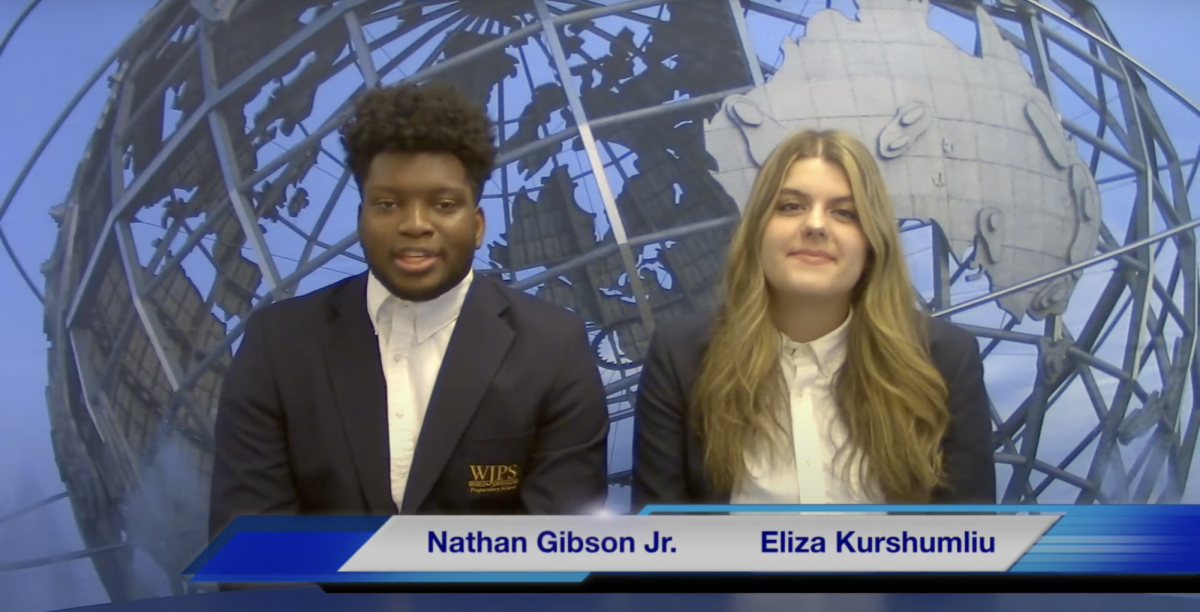In late 2019, a novel (new) coronavirus was discovered by medical professionals, which is believed to have originated within Wuhan, China. The virus has impacted more than 100 countries, and claimed the lives of several thousand people.
With each passing day, cases of the novel coronavirus, now officially known as “COVID-19,” increase dramatically. The most affected areas outside of China are Italy and South Korea, with both countries reporting thousands of confirmed cases.
The World Health Organization (WHO) has officially declared the virus a pandemic. It’s the first time the WHO has called a virus a pandemic since the H1N1 “swine flu” outbreak in 2009.
In the United States of America, there are over 1000 cases of COVID-19, with the most heavily impacted areas being Washington state and New York.
Since COVID-19 first hit the streets of New York City on March 1st, 2020, the number of confirmed cases has increased exponentially.
Both Governor Andrew Cuomo and Mayor Bill de Blasio have declared state of emergencies, darkening the once vibrant lights of Broadway, and restricting gatherings of large groups of people.
All public New York colleges, (City University of New York and State University of New York) have gone on an instructional intermission.
With the “city that never sleeps” taking measures that disrupts the restless culture associated with the Big Apple, many New Yorkers have entered into panic and states of heightened anxiety.
Mayor de Blasio has urged New Yorkers to avoid crowded subway cars, and to avoid non-essential travel on subways and buses, recommending that New Yorkers walk or bike to their destinations whenever possible.
However, around half of New Yorkers do not own a car, meaning that New Yorkers rely heavily on public transportation. This makes avoiding subways and buses particularly difficult.
In order to stay safe while riding Metropolitan Transportation Authority (MTA) trains and buses, here are some tips to stay healthy amidst a health crisis:
- The Center for Disease Control and Prevention (CDC) states that the most important thing we can do to prevent the spread of any virus is washing your hands thoroughly with anti-bacterial soap and water for at least 20 seconds, about the time it takes you to sing the ABC’s song.
- Masks are not considered necessary at this time, as they do not protect you from other individual’s pathogens. However, if you are feeling unwell they may help contain the spread of your germs to others.
- Do not touch your face with unclean hands, especially your mouth, nose, and eyes.
- Wearing rubber gloves while riding the subway may help you to avoid contaminating your hands while grabbing on to poles and other railings.
- If soap and water aren’t readily available, use an alcohol based hand sanitizer which contains at least 60% alcohol.
- Cover your coughs and sneeze with your elbow to prevent the spread of germs. Wash your hands immediately after.
- If you’re feeling sick, stay home. Call your medical provider if your symptoms persist and or resemble those persistent with Covid-19 and you have recently traveled to CDC restricted areas, and/or have been in direct contact with someone who has.

